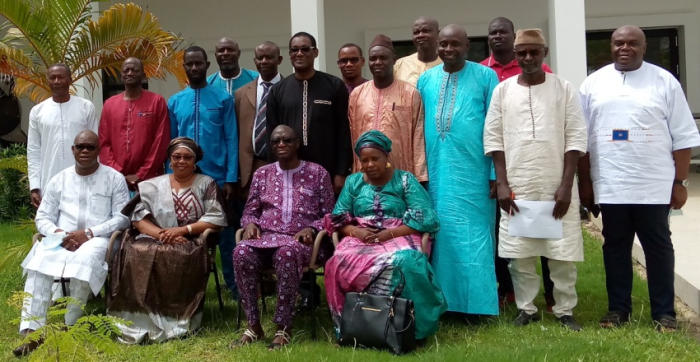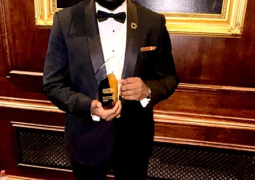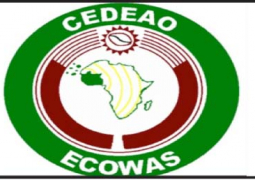
He made these remarks recently at Tamala Beach Hotel during the debriefing session of the Economic Community of West African States’ (ECOWAS) team fact-finding mission in the Fisheries and Aquaculture sector in The Gambia.
Minister Gomez stated that government as an actor can only facilitate but people on the ground need to do the work.
He expressed dissatisfaction with the operation of fisheries landing sites, saying there is need for them to be developed.
He further said “We want to have a situation where government can facilitate the involvement of more young people in the fisheries industry and ensure they have startup capital and/or equipment.”
He noted that if all fisheries actors in the country come together as one they can make a big difference, adding that if fisheries is working in any country, it is because they have a common agenda.
According to him, now is the time for Gambians to take over the fisheries industry.
He noted that The Gambia has not been fully benefiting from the fisheries industry but by working together they can achieve a lot.
Dr. Amadou Tall, ECOWAS fact-finding mission team member, in his presentation on their preliminary findings, said 90 percent of fishing vessels legally operating in The Gambia are foreign owned.
He called for AfDB funding to be aligned with the National Fisheries & Aquaculture Investment Plans that have regional elements (technical assistance request to the director general responsible for West Africa); aligning technical support (FAO, USAID, IFAD,) programmes with Regional Framework; promote greater collaboration with Large Marine Ecosystems (LMEs) and Abidjan Convention Projects; as well as linking fisheries to Regional Security-Humanitarian-Development Axis.
The fact-finding mission team concluded by recommending the establishment of a national coordination mechanism; ensure coherence of fisheries and aquaculture to national development policies; put in place a mechanism for broad-based participatory policy dialogue and fisheries management, particularly the non-state actors; identify policy pathways necessary for effective wealth; put in place pragmatic approaches to fisheries governance and institutional reforms; and iinstitute a process of mutual accountability to reforms and investments in fisheries and aquaculture.
The general objective of the fact-finding mission was to identify key and relevant elements of needs to prepare a project proposal in fisheries and aquaculture for youth and women participation to be submitted under government of The Gambia’s approval and endorsement and development partners funding. The specific objectives were to analyse the situation and indicate the needs for fisheries and aquaculture sector; and elaboration road map to address issues and challenges of the sector, including women entrepreneurship and youths’ decent jobs of the sector.
Read Other Articles In Headlines





